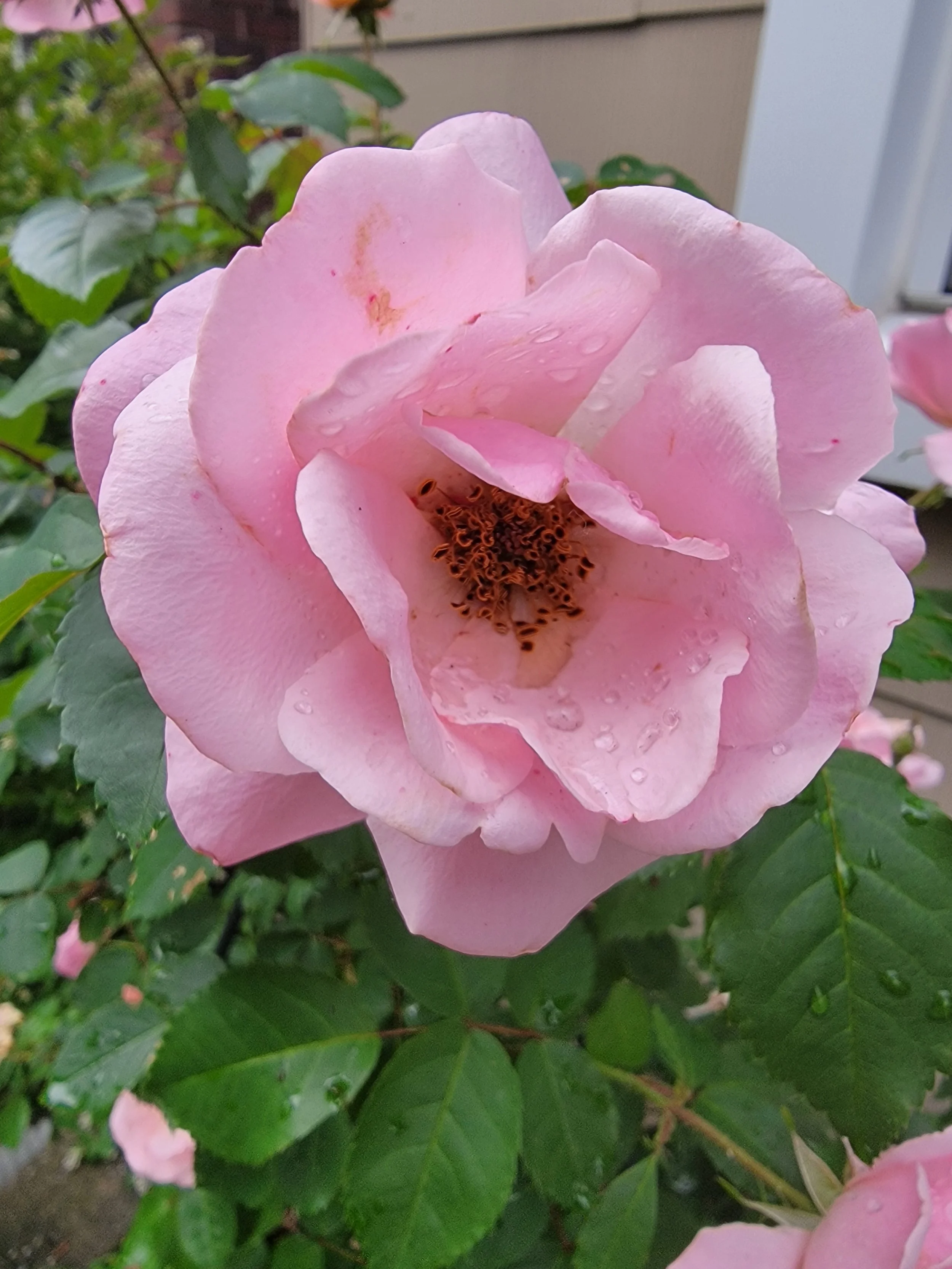What is Meditation?
Meditation is an ancient & healing practice with roots in religious and spiritual traditions. Over the years, it has become a universal tool for enhancing mental, emotional, and physical well-being in our modern society. Through techniques such as focusing the mind, observing the breath, or repeating a mantra, meditation helps individuals achieve a state of calm, clarity, and heightened awareness.
Origins and Traditions
Meditation has been practiced for thousands of years across various cultures. In Hinduism, meditation was a means for sages to transcend worldly concerns and connect with the divine. In Buddhism, meditation is the path to enlightenment. Lord Buddha himself achieved Nirvana through deep meditation, extinguishing the fires of greed, hatred, and delusion. These traditions laid the foundation for the diverse meditation practices we see today, each with a distinct focus and methodology.
There are several main types of meditation, each offering unique benefits:
Mindfulness Meditation: Involves paying attention to the present moment without judgment, often by focusing on the breath, sounds, or bodily sensations.
Mantra Meditation: Focuses upon the repetition of a word, phrase, or sound (such as in Karuna Ki) to focus the mind and cultivate positive energy. (Chanting)
Transcendental Meditation: Involves silently repeating a personalized mantra to achieve a state of restful alertness.
Loving-Kindness Meditation: Focuses on developing feelings of compassion and love for oneself and others.
Body Scan Meditation: Involves progressively relaxing each part of the body to release tension and promote relaxation.
These techniques can be adapted to individual preferences and goals, making meditation accessible to everyone.
Benefits of Meditation
Scientific research has shown that regular meditation offers numerous benefits:
Reduced Stress and Anxiety: Meditation activates the body’s relaxation response, lowering stress hormones and promoting a sense of peace and calm.
Improved Focus and Concentration: By training the mind to focus, meditation enhances attention span and cognitive performance.
Emotional Regulation: Meditation helps individuals process emotions, leading to greater emotional stability and resilience.
Enhanced Creativity: Many practitioners, including writers and artists, find that meditation unlocks creative potential and fosters inspiration.
Better Physical Health: Meditation can lower blood pressure, improve sleep, and even boost the immune system.
Personal Reflection
Meditation is not only a tool for stress relief but also a way to explore and heal emotional wounds. For those who have experienced betrayal, trauma, or childhood trauma, meditation can provide a safe space to process difficult emotions and cultivate self-compassion and love. Mantra meditations, in particular, offer a rhythmic and soothing practice that can help center the mind and body, making it easier to approach shadow work with clarity and intention.
A personal meditation practice might begin with finding a quiet place, sitting comfortably, and focusing on the breath or repeating a chosen mantra. Over time, this practice can lead to a greater sense of order, positivity, and calm—qualities that enrich both daily life and creative expression.
Challenges and Rewards
While meditation offers many benefits, it is not without challenges. It requires discipline, patience, and consistency. Some days, the mind may be restless, filled with thoughts and distractions. Other days, it comes effortlessly. Remember, with regular practice, it becomes easier to manage difficulties, and the rewards—such as improved mental clarity, emotional stability, and a deeper connection to oneself—are well worth the effort.
In Conclusion
Meditation is a powerful practice that transforms the mind and body. By reducing stress, enhancing focus, and fostering emotional well-being, meditation supports a balanced and fulfilling life. Whether through mindfulness, mantra, or other techniques, meditation offers a pathway to inner peace and personal growth. For those interested in journaling, creative writing, or emotional healing, meditation can be a valuable companion on the journey toward self-discovery and expression.
Ayurvedic Meditation
Meditation in the Ayurvedic tradition is deeply intertwined with the principles of holistic health and the unique constitution of each individual, known as their dosha—Vata, Pitta, or Kapha. Ayurveda views meditation not only as a means to relax but as a vital tool for balancing the mind, body, and spirit, and for promoting overall well-being.
Core Principles of Ayurvedic Meditation
Personalization by Dosha: Ayurveda teaches that each person’s meditation practice should be tailored to their dominant dosha. This ensures that the practice supports balance and healing rather than exacerbating existing imbalances.
Mind-Body Connection: Meditation is viewed as a way to align the mind with the body’s natural rhythms, creating harmony and reducing stress, which is considered a major cause of disease by Ayurveda.
Holistic Healing: Meditation is a form of mental detoxification, helping to release accumulated mental toxins (negative thoughts, stress, and unresolved emotions) and restore vitality.
Dosha-Specific Meditation Techniques
Vata Dosha is associated with air & space, creativity, restlessness & anxiety. These qualities are best soothed and brought into balance by using Mantra Meditation, Japa (mala bead repetition), grounding affirmations, or Trataka (candle gazing).
Pitta Dosha is associated with fire & water; intensity, ambition & perfectionism. Recommended meditation techniques for this dosha are Breath awareness, cooling visualizations, equal inhale /exhale, and extended exhale breath patterns.
Kapha Dosha is associated with Earth & water, stability, nurturing, and sometimes sluggishness. The meditations that best support these issues are Mindfulness, Movement meditations (walking, yoga, dance) & other active practices that energize.
Key Ayurvedic Meditation Practices
Mantra Meditation: Especially beneficial for Vata types, mantra meditation involves the repetition of a word, phrase, or sound (such as “Om Shanti,” “So Hum,” or “Ram”) to focus the mind and calm scattered thoughts.
Japa (Mala Bead Repetition): Using mala beads to count mantra repetitions provides a tactile anchor, which is helpful for those who struggle with restlessness or anxiety.
Breath Awareness: Pitta types benefit from focusing on the breath, particularly with equal or extended exhales, to cool and soothe the mind.
Movement Meditation: Kapha types may find walking meditation or other gentle movement practices more effective for clearing mental fog and grounding energy.
Trataka (Candle Gazing): This technique, which involves gazing at a candle flame, enhances concentration and is especially useful for Vata imbalances.
Benefits of Ayurvedic Meditation
Stress Reduction: Meditation lowers stress hormones and promotes relaxation, which is essential for balancing all doshas, especially Vata.
Improved Focus and Clarity: By quieting the mind, meditation enhances mental clarity and helps individuals manage their emotions more effectively.
Emotional Balance: Meditation encourages self-awareness and the healthy processing of emotions, reducing emotional toxicity.
Enhanced Sleep: Regular (daily) meditation helps regulate sleep patterns, which is crucial for overall health in Ayurveda & in life.
Holistic Healing: By addressing the root causes of imbalance, meditation supports the body’s natural healing abilities and promotes vitality.
Practical Tips for Ayurvedic Meditation
Choose a technique that matches your dosha.
Practice regularly, ideally at times that align with your dosha’s natural rhythms.
Vata: 2–6 AM or PM;
Pitta: 10 AM–2 PM or 10 PM–2 AM
Kapha: 6–10 AM or PM
Start with short sessions of 5 minutes or so and gradually increase the duration as your mind adapts. Eventually, you will easily be able to meditate for at least 20 minutes per day, which is highly recommended to receive the benefits.
Use supportive tools like mala beads, affirmations, or essential oils as needed.
In Conclusion
Ayurvedic meditation is a personalized, holistic practice that supports mind-body balance and overall well-being. By understanding your dosha and choosing appropriate techniques, you can experience deeper relaxation, greater clarity, and enhanced health.
Are you ready to learn or improve upon your meditation practice?
I've had a personal meditation practice for OVER thirty years, and I have been teaching others how to effectively use these techniques for more than 25 years. Your body & mind will thank you for this loving kindness! Let's get you started...
*All photographs used for the informational pages were personally taken by Stacy Theodossin. They may not be used elsewhere without written permission.

